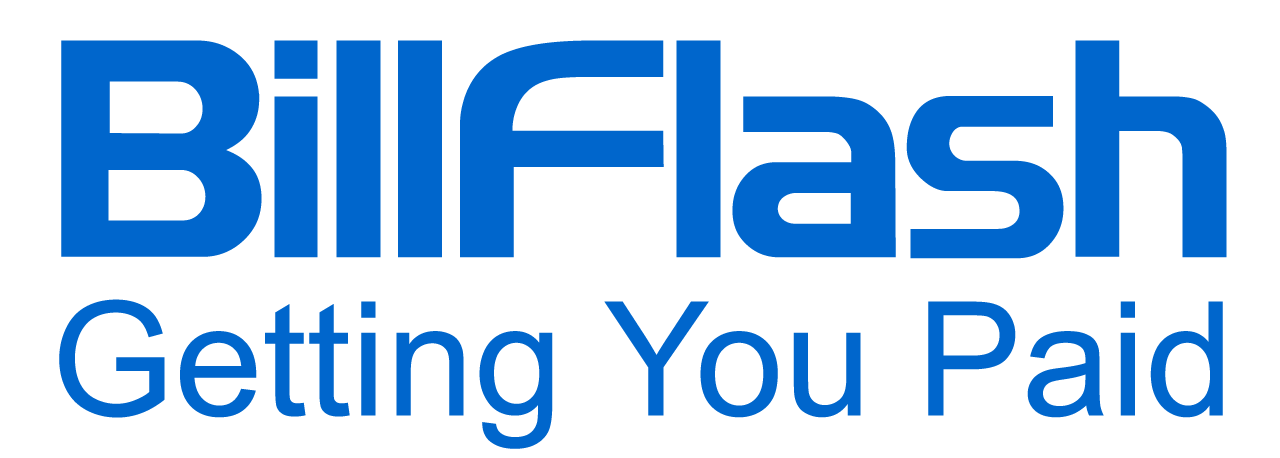What is a merchant account, and why do you need one? We'll explain everything you need to know about setting up a merchant account for your medical practice.
Medical practices accept payments from their patients through debit and credit cards. But unlike most businesses, the billing responsibilities of a medical practice are often higher due to the multiple payment options they accept and the sensitivity of the transaction information.
For this reason, many practices require automated, recurring billing options with customer tracking capabilities and safe offsite data-storage options only provided by a merchant account. In this post, we will discuss what a merchant account is, why it's crucial for many practices, and how to set one up for your medical practice.
What is a Merchant Account?
When a patient pays for medical services through a payment gateway, the money isn't deposited into your bank account immediately. A merchant account holds all payment transactions before they're sent to their respective bank account for proper payment processing and verification.

In many ways, a merchant account operates like an escrow in that it performs risk analysis of all transactions to ensure you don't have any cash flow problems.
What is a Payment Gateway?
A payment gateway is a software that processes credit transactions and authorizes them before sending them to your processor for settlement.
Payment gateways use encryption to ensure the security of each transaction. They're also reliable in their ability to process payments quickly and accurately, which means they can help you improve customer service while reducing payment processing costs associated with manually entering card information.
Why Do You Need a Merchant Account for Your Medical Practice?
Merchant service providers offer services ranging from electronic fund transfers to check guarantees, online payment portals, point-of-sale software, and debit and credit card processing. All these services allow your medical practice to:
Tap Into a Larger Pool of Consumers
A merchant account offers your customers the choice to make payments in various ways – be it online, in-person, or through debit and credit cards. Most customers look for such ease and flexibility when making payments, meaning your business will appeal to a larger consumer base.
Manage Finances Better
A holding merchant account makes it easy to manage transactions across different payment avenues. Through a single platform, you can consolidate all payment data from mobile, online, or credit and debit card transactions and update it in one spreadsheet (or, if it integrates with your practice management software, directly into your system) without needing a separate processor. This helps you keep track of the financial performance of your medical practice.

Cut Business Costs
Having a merchant account allows you to cut down on unnecessary operational costs. Since everything is under one umbrella, the multi-channel payment support on the platform helps you avoid paying multiple subscription costs and transaction fees, especially on recurring transactions.
Boost Revenue
A significant chunk of medical practice revenue comes from patients and their copays. Unfortunately, most patients do not pay for their visit due to insurance coverage issues, inability to pay, or card declination requests at the time.
In the end, only 60% of patients end up paying the amounts they owe in full, while the rest default on payments. And even if you hire a third-party debt collection agency, most third-party collection agencies only recover 21% of the remaining 40%. That means a medical practice can lose up to a fourth of its revenue each financial year!
Alternatively, using an integrated end-to-end financial solution like BillFlash consolidates billing, payment processing, and collections services that allows you to send past-due accounts for follow up with our team of Recovery Specialists seamlessly, within a single platform.
Tips for Setting Up a Medical Practice Merchant Account
Setting up a merchant account is in your best interest if you want to grow your medical practice. It gives you access to a wide pool of clients and streamlines internal cash flow operations. Numerous factors come into play before settling on a particular merchant account provider. Here are some tips for choosing the right merchant account provider for your practice:
Do your Research
When evaluating merchant account providers, it’s important to understand the costs associated with each option and determine which type of account best meets your needs.
Merchant account fees can vary by provider, so make sure you carefully read the contract and understand how your practice will be charged. Common pricing models include Flat-Rate Pricing, Interchange-Plus Pricing, and Tiered Pricing.
When comparing merchant account providers, also ask about any additional fees that may be incurred, such as setup fee, monthly service fee, or gateway fee. It’s a good idea to also evaluate hardware costs, contract length, customer support, and any penalties for early contract cancellation.
Gather your Paperwork
You must gather all your business documents to apply for a merchant account. This includes your medical practice's name, contact information, financial statements, routing numbers, business bank account, and the time you've been in business. You might also be asked to include credit card information if there's an application fee.
Submit Your Application
Once all your information is ready, fill in the application for the merchant account and submit it with your gathered documents. The merchant will look into your application, especially:
- The duration you've been in business
- Your personal and business credit histories (defaults or bankruptcies)
- Whether you've had a merchant account before
- The kind of business you do and the potential for future transactions
And make a final decision. If your business history and transaction type show you're a low-risk option, a merchant provider will approve your application. Still, a riskier business might be approved with additional fees.
Note: If your application is approved, you may be required to pay a setup fee and other monthly fees, including chargeback, refund, and decline fees, depending on the provider. Ensure you read the contract section where fees are mentioned, so you are not caught off-guard.
Get a Merchant Account for your Medical Practice Today!
At BillFlash Pay services, we offer practices integrated merchant accounts through our select payment processing partners that offer competitive pricing, modern EMV terminals for accepting in-office payments, and advanced features like Card Account Updater (CAU), which reduces the number of declined or late payments resulting from outdated card information by automatically retrieving the new card details from Visa, Mastercard, Discover, etc. when a card expires, or a new card is issued.
We also offer a gateway-only model that allows practices to keep their existing merchant account (for instance, if they're locked into a contract) and still enjoy all the popular payment features BillFlash offers: PlanPay, AutoPay, StorePay, etc.
If you’re looking for a reliable and easy-to-use solution for accepting payments from patients, consider BillFlash Pay Services. Schedule a demo and request your free rate analysis today!

